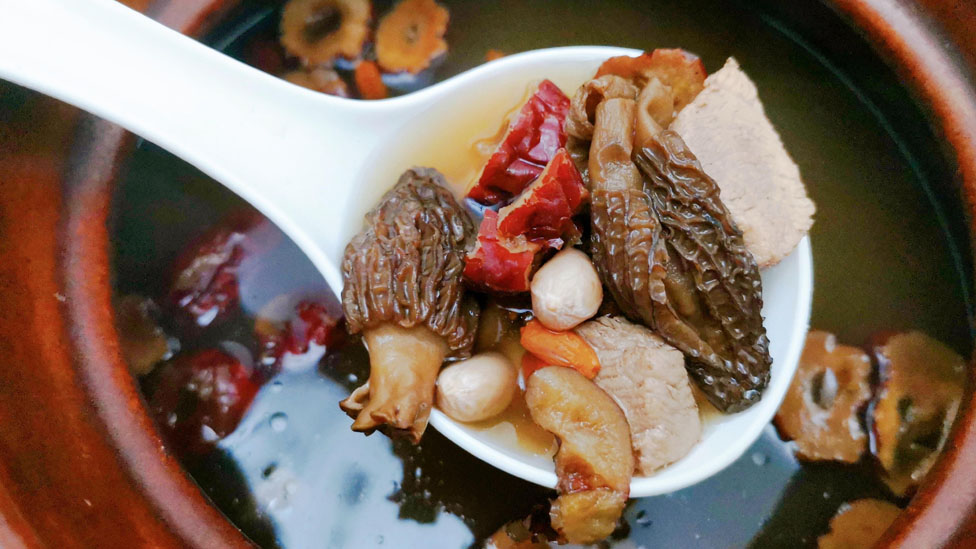Canned food manufacturing has long been celebrated for its ability to provide convenient, shelf-stable options for consumers around the world. From fruits and vegetables to soups and proteins, canned foods offer a reliable source of nutrition that can be enjoyed anytime, anywhere. However, as consumer preferences and technological advancements evolve, so too does the industry of canned food manufacturing. In this blog, we'll explore how the industry is exploring new preservation methods to maintain freshness, with a particular focus on mushroom production technology and key insights into the future of canned foods.
The Evolution of Canned Food Manufacturing
Canned food manufacturing has a rich history that dates back to the early 19th century when the process of canning was first developed as a means of preserving food for long periods. Over the years, advancements in technology and manufacturing processes have led to improvements in the quality, safety, and variety of canned foods available to consumers.
Traditionally, canned foods were preserved through processes such as heat sterilization and vacuum sealing, which helped to eliminate harmful bacteria and prevent spoilage. While these methods remain effective, the industry is constantly exploring new preservation techniques to enhance freshness and extend shelf life.
Innovative Preservation Methods
One area of innovation in canned food manufacturing is the development of new preservation methods that focus on preserving the freshness and nutritional value of foods. These methods aim to minimize the use of preservatives and additives while maximizing the retention of vitamins, minerals, and other nutrients.
One such method is high-pressure processing (HPP), which involves subjecting foods to high levels of pressure to inactivate harmful microorganisms while preserving the natural flavor, color, and texture of the food. HPP has been shown to be effective in preserving the freshness of a wide range of foods, including fruits, vegetables, meats, and seafood.
Another innovative preservation method is sous-vide canning, which involves cooking foods at low temperatures in vacuum-sealed bags before sealing them in cans. This gentle cooking process helps to preserve the natural flavors and nutrients of the food while extending shelf life.
Role of Mushroom Production Technology
Mushrooms are a popular ingredient in canned foods, prized for their versatility, flavor, and nutritional value. Traditionally, mushrooms were cultivated using labor-intensive methods that relied on manual labor and environmental controls.
However, advancements in mushroom production technology have revolutionized the industry, making it possible to cultivate mushrooms in a more efficient, scalable, and environmentally friendly manner. Vertical farming, controlled environment agriculture, and other innovative techniques allow growers to produce high-quality mushrooms year-round, regardless of climate or location.
By harnessing these advancements, canned food manufacturers can ensure a steady supply of fresh mushrooms for their products, providing consumers with a valuable source of vitamins, minerals, and antioxidants.
Insights into the Future of Canned Foods
To gain further insight into the future of canned foods and the role of new preservation methods, we spoke with industry experts and food scientists. Dr. Emily Chen, a food scientist specializing in food preservation, emphasizes the importance of innovation in the industry. "As consumer preferences evolve and technology advances, canned food manufacturers must continue to innovate to meet the changing needs of consumers," says Dr. Chen. "By exploring new preservation methods, such as high-pressure processing and sous-vide canning, manufacturers can ensure that canned foods remain fresh, flavorful, and nutritious."
Sarah Johnson, a food industry analyst, agrees, noting the potential for growth in the canned food market. "As consumers increasingly prioritize convenience, health, and sustainability, the demand for canned foods is expected to continue growing," says Johnson. "By leveraging advancements in preservation technology and sourcing high-quality ingredients, canned food manufacturers can capitalize on this growing market and meet the needs of consumers around the world."
Conclusion
In conclusion, canned food manufacturing is evolving to meet the changing needs and preferences of consumers. By exploring new preservation methods and leveraging advancements in mushroom production technology, manufacturers can ensure that canned foods remain fresh, flavorful, and nutritious. With innovation driving the industry forward, the future looks bright for canned foods as a convenient, shelf-stable option for consumers everywhere.




采访刊发中国罐头⾏业-01.jpg)

